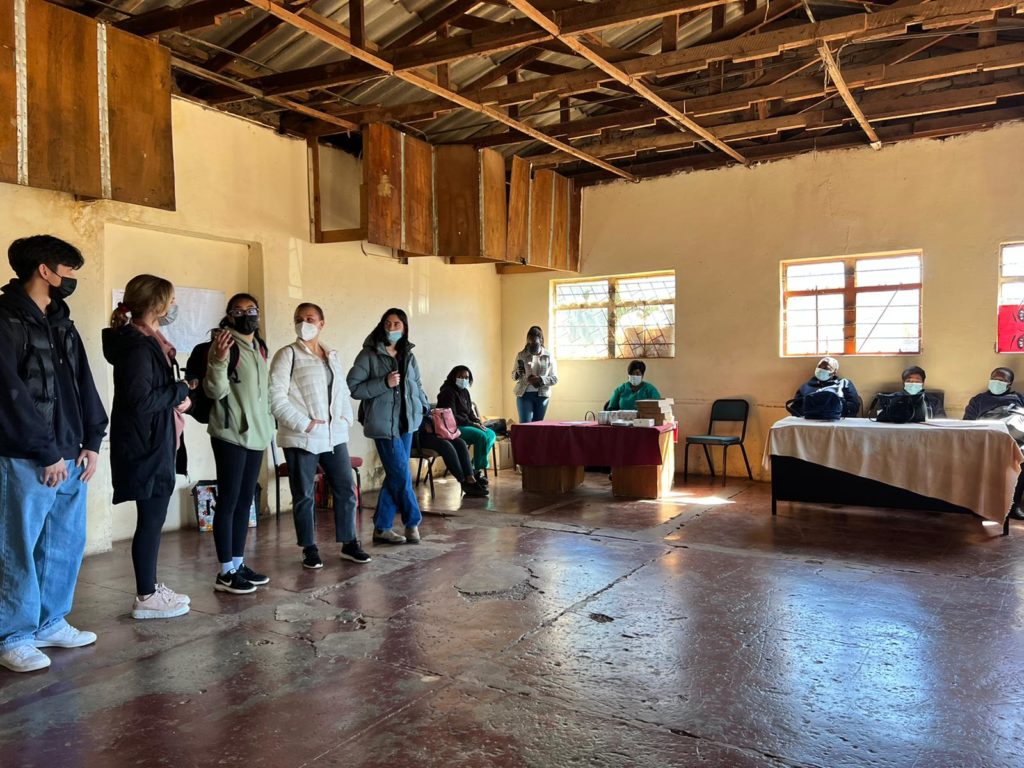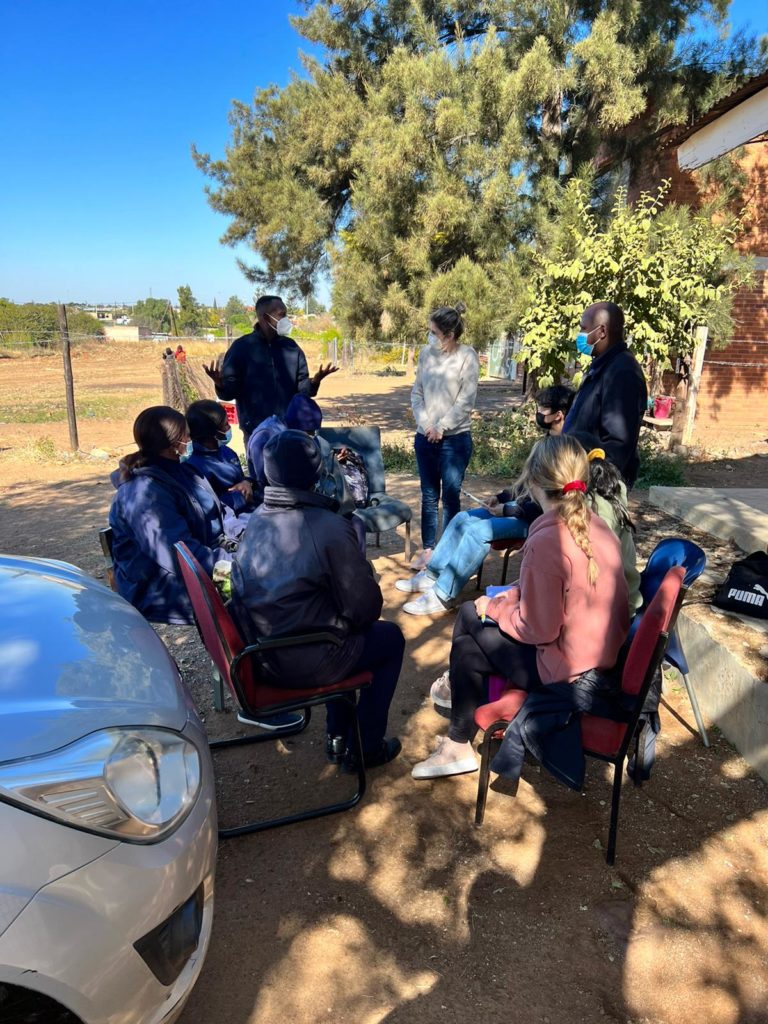Thanks to the Joan Mitchell Arts Foundation, in childhood, I had the privilege of being taught visual art by several incredible, remarkably compassionate working artists — and certified hippies. Feathers strewn in my hair, I’d show up to our every Saturday class, situated in a small retirement home in the projects, thrilled to see them and itching to ravage their newest arts supplies. I loved Saturdays because, while creating in these classes, I felt independent yet supported. There, I led countless artistic adventures of my own but always with the comfort of a trusted and skilled friend by my side. And this friend ever encouraged me to make the boldest choices, to mourn but celebrate mistakes, to be an unapologetic and confident leader. I grew to crave this power. I love being a free agent able to portray who and what I want however I want. For that reason, that love of independence, I had some doubts about partaking in this program.
It was the undisclosed NGO that concerned me. And then there was the fact I wasn’t sure whether we’d be working with or for that organization — an important distinction. Essentially, I didn’t want to relinquish control of the narrative, to have to paint an organization I did not approve of in a good light. Development organizations, both of the global health variety and not, will always be met with my scrutiny. Their leadership tends to exclude those who belong to the communities which they aim to serve, those who truly understand. Instead led by sometimes well-intentioned, usually painfully and incurably disconnected foreigners, their efforts insensitively impose wants and needs on populations, impose “solutions” without consulting them. Decolonizing development work is something I’m not sure has been or can be fully achieved. How that can be done has been a personal question of mine, a question that led me to decide to take this course. Today, I find my initial concerns with this program resolved. Truly, I feel we are bound not to an organization. Rather, we are bound to a group of people simply and purely supporting the community they know and love, a group I have so much faith in and warmth for — the Community Health Workers.
Currently, the CHW group is in the stages of crafting our narrative, shaping their story. As we toss around ideas, I’m reminded of the tremendous power we’ve been afforded in the filmmaking process, a power I feel thoroughly unworthy of. Now that I’m older, now that I make art with the potential and with the goal of sparking some level of change, I no longer welcome this power with warm familiarity. It’s a scary, powerful thing — especially now, in this position. Here, I am a well-intentioned but disconnected foreigner trying to produce a genuine work about an experience that is not remotely my own, wrestling with an uncomfortably privileged positionality. The Problem of Speaking For Others by Linda Alcoff have been heavy on my mind in recent days. Representing and serving others — more essentially, speaking for others, whether that be through student films or court decisions — can only begin to be done semi-authentically if equipped with mindfulness, sensitivity, and, of course, genuine love. When our foremost leaders have so evidently forgotten this truth, it’s even more important that we don’t, that we work to remain cognizant of the very real limits of our understanding and seek a true education from those we speak for, that we remain supremely responsive and empathetic to their wants and needs and joys and struggles, that we remember and care about how our choices shape their lives, that we use our power and ability to empower and enable them.



